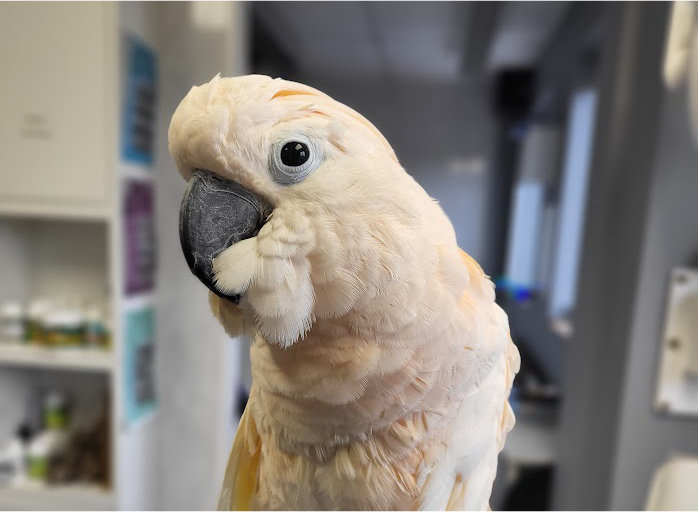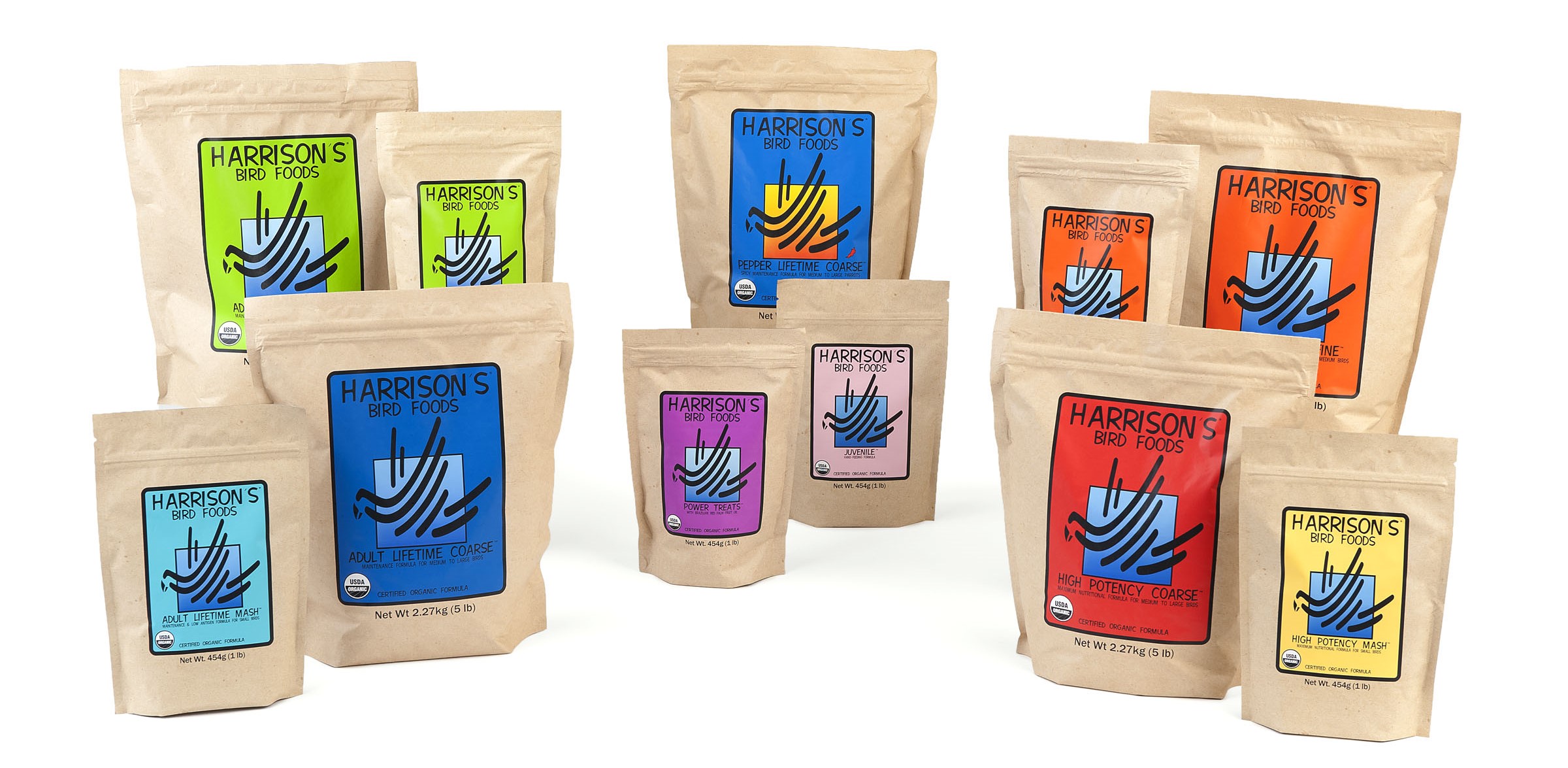
Veterinary services in East Anglia, with a love of all things exotic

Veterinary services in East Anglia, with a love of all things exotic

In this guide we’ll cover everything you need to know about the basics of keeping your parrot happy and healthy when it comes to food and nutrition.
Download a PDF copy of this guide.
In general, pellets provide a much better quality of nutrition for parrots than a seed mix diet does. Seed mixes are often made up of seeds which have been rejected from the human food chain for some reason; so are not usually a good quality grade of food.
Here are some things to be careful of when it comes to seed mixes:
One of our favourite pellet bird foods to recommend to owners is Harrison’s.

Harrison’s food was created by a well-respected avian vet and is designed to provide birds with a fully balanced healthy diet.
All of the ingredients in Harrisons are 100% organic and of premium quality and it is recommended by many leading avian vets.
A good quality diet like Harrison’s will have benefits for your bird’s skin, respiratory
system, digestive system, reproductive system, and behaviour.
Find out more at Harrisons Bird Foods.
It’s not always easy to convert a seed-loving bird onto pellets!
Take a look at Harrison’s guide to conversion to find some tips on how to convert them, along with a guide to which type of Harrison’s food is best for your bird.
If you really can’t get your bird to accept Harrison’s bird food then Lafeber makes good quality seed products which are top quality and nutritionally balanced.
We find that the nutriberries and avicakes are a great alternative or conversion tool, as they have healthy seeds and pellets!
It is also important to supplement any pellet or seed diet with a good selection of fruit and vegetables. Some good healthy fruit and veg to feed are listed below:
There are some foods which are toxic to birds and some which are just very unhealthy: